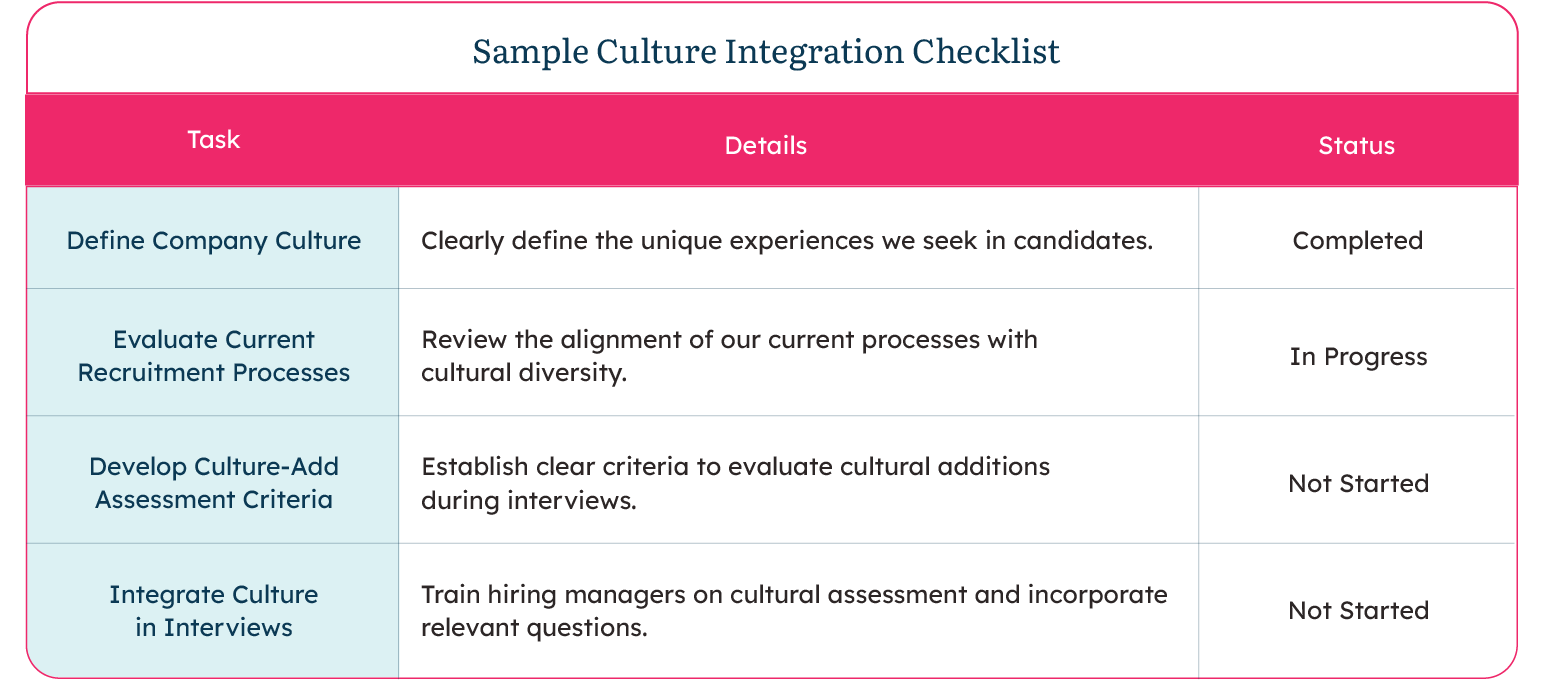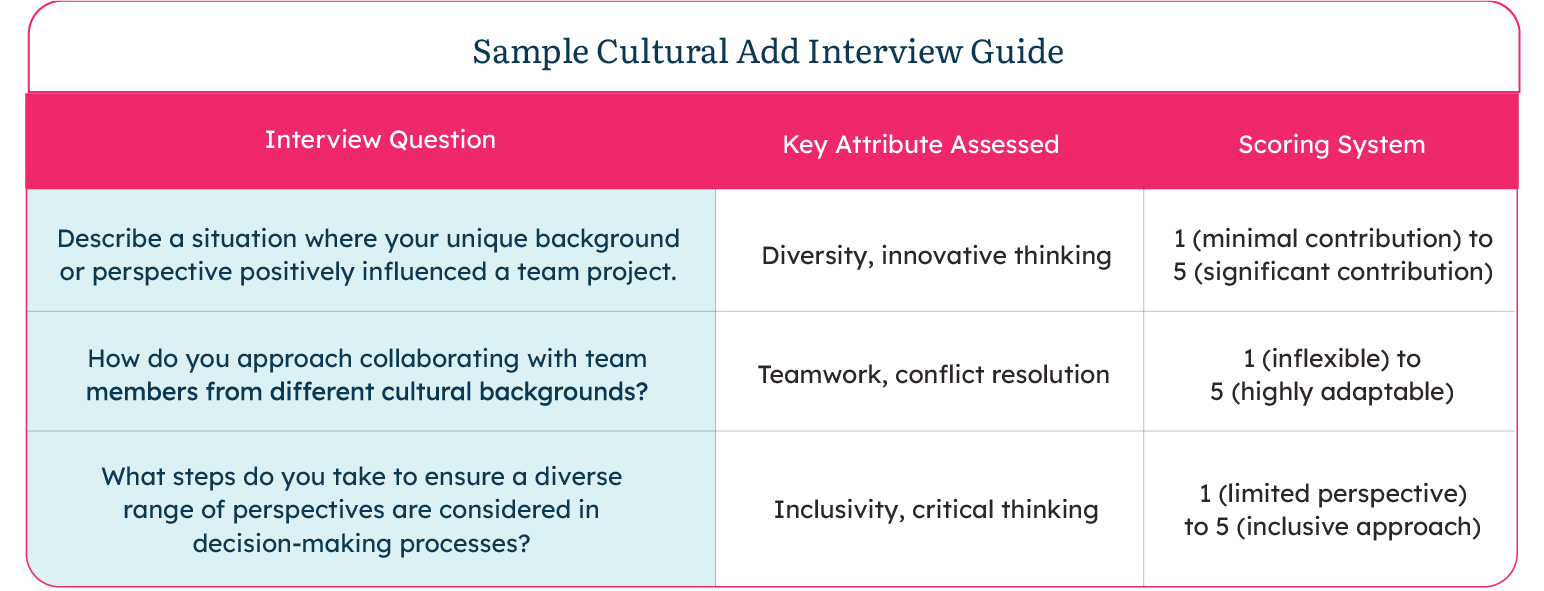According to a recent study by SHL Labs, your organization’s interview process may have far more of an impact on a candidate’s decision to accept or decline an offer than you may think! The interview process is often the first internal experience a candidate has with your organization, and in today’s candidate-driven market, your interview process is just as much about pitching the opportunity to competitive candidates as it is about them exhibiting their standout value and skills they’ll bring to the role.
Ensuring a positive interview process is complex. This can range from selecting the right individuals for your interview team, ensuring the job description, interview questions, and interview team expectations are aligned, to facilitating timely and effective communication between ALL parties involved in the hiring process.
Understanding the Basics
Okay, that was a lot. Let’s take a step back and focus on the basics, as we’ve noticed that many hiring teams tend to struggle with implementing even basic effective interview processes and communication.
So, let’s start with the basics.
Put your hiring team’s best foot forward with these foundational tips for a positive interview process 🦶➡️:
🌟 Short & Sweet
Limit your interview process to no more than 3 interviews, an hour max in length each (with a sweet spot of 30-45 minutes). If you’re doing a panel interview, we recommend no more than 3 interviewers per panel interview to give your candidate sufficient time to answer questions without a stressful time crunch.
Obviously, interview process structures may vary depending on the role level and responsibilities, but these are typically the guidelines we like to stick to. Remember, your candidates are often using their valuable PTO (or sick time in some cases) to interview with your company, so making your interview process short and sweet will show them right off the bat how much your organization values their time.
🌟 Efficiency is Key
Ensure all hiring team members provide interview feedback in a timely manner to keep the interview process moving. Candidate evaluation forms with a same-day submission deadline are great! We also recommend working with your recruiter to coordinate an interview debrief meeting for all interviewers to attend either the same day or day after interviews conclude, so the team can deliberate and make a hiring decision while interviews are still fresh in mind. Ideally, it should take no more than 3-5 business days after all interviews conclude for the team to decide and extend an offer.
A seamless and efficient time to hire (this is different from time to fill) will keep your interview team’s momentum going and your candidates engaged, because while your interview team waits days to provide feedback and weeks to present an offer, your candidates are interviewing with other companies that are moving them forward to final interview stages. Delays can be detrimental.
🌟 Candidates Should Know What to Expect
Candidates take valuable time out of their busy day to interview with your team, the interview process is not the place for surprises or last-minute changes. Rescheduling interviews at a moment’s notice (emergencies aside), adding additional interviews in the middle of the process, or anything of the sort will communicate disorganization and overall poor internal communication to your candidate. It’ll also give your recruiter a massive headache.
As your candidate’s main contact, your recruiter should have all the information from the beginning that they need to inform your candidates of the interview process and structure; your hiring team’s job is to stick to it!
🌟 Be your Best Self
When it’s your time to interview, show up the same way you expect your candidates to. We understand that your interview team is also taking huge chunks out of their busy days to be a part of this important hiring decision, but it must be prioritized. Show up to your interviews on time, informed, prepared, and with a positive and respectful attitude. If you’re conducting a virtual interview, turn your camera on to foster a personal face-to-face connection with your candidate.
Remember, ensuring a positive interview process for ALL candidates interviewed (not just your most competitive candidates) should always be a priority. Not only does this communicate basic respect for candidates who may already be discouraged by the strenuous and sometimes disheartening task of job seeking, but it will represent your organization well. Candidates often share their interview experiences with their social circles and on social media or review sites like LinkedIn and Glassdoor, so make sure your organization’s reviews are positive ones!




